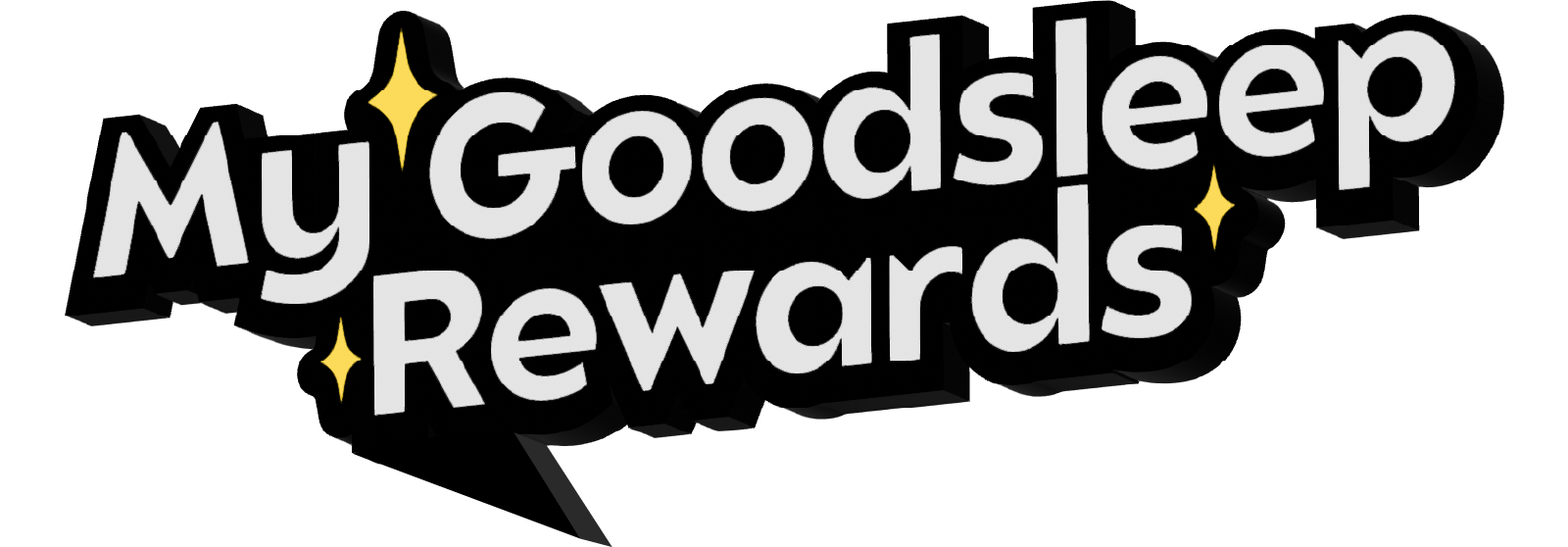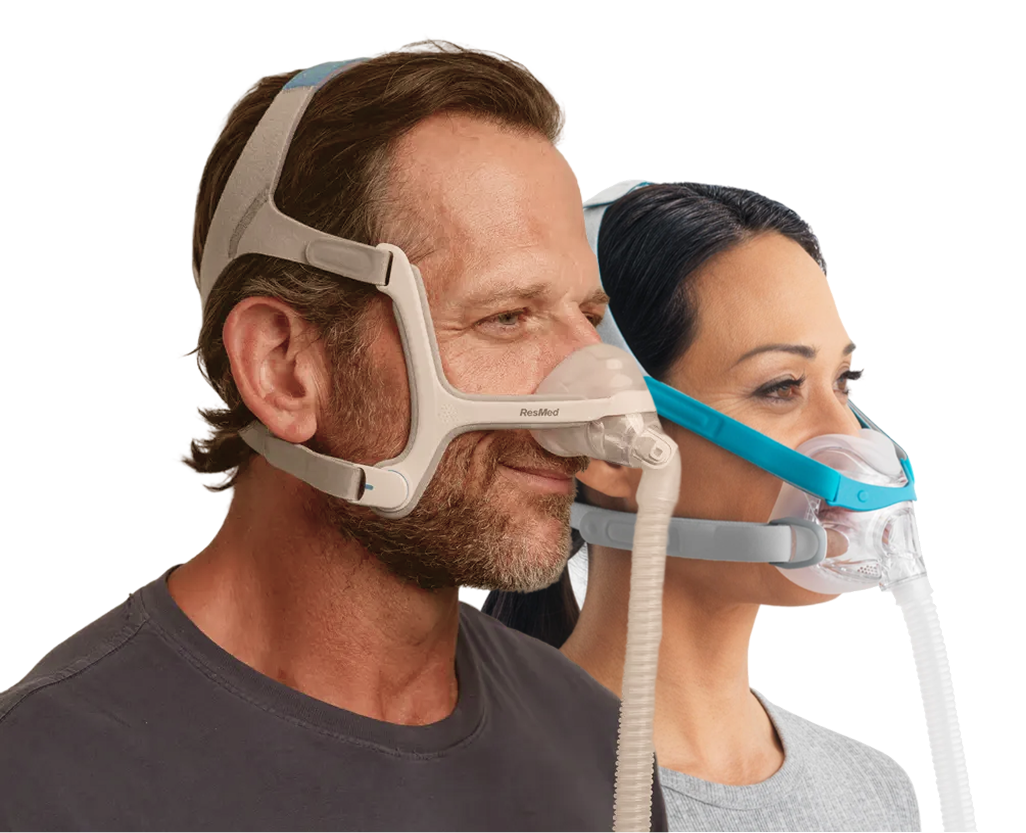How much sleep do I need is perhaps among the commonest searched health queries ever. And rightly so. Sleep is offered to the body for recovery, to the mind for clarity, to emotions for stabilizing, and for long-term well-being. At CPAP Discount Warehouse, we are well aware of how the need for customized sleep has increased among the general population. As more consumers weigh scientifically advanced tools and expert opinions in improving their sleep, knowing one's particular sleep requirement has never been of higher importance.
How Much Sleep Do You Need by Age?
Sleep requirements tend to vary substantially with age, biology, and lifestyle. Our bodies and brains undergo natural changes as we grow older. Depending on how well the different stages in sleep, such as light sleep, deep sleep, and REM sleep, are met, the brain develops, emotional regulation improves, immunity is strengthened, and cardiovascular health is supported.
Here is a generalized classification on recommended sleep duration per age:
|
Age Group |
Recommended Sleep Duration per Day |
|
Infants* (4 - 12 months) |
12 - 16 hours (including naps) |
|
Toddlers (1 - 2 years) |
11 - 14 hours (including naps) |
|
Preschoolers (3 - 5 years) |
10 - 13 hours (including naps) |
|
School-aged children (6 - 12 years) |
9 - 12 hours |
|
Teenagers (13 - 18 years) |
8 - 10 hours |
|
Adults (18 - 64 years) |
7 - 9 hours |
|
Older adults (65+ years) |
7 - 8 hours |
*Note: No specific recommendation is given for infants under 4 months old due to wide variations in normal sleep duration and patterns and insufficient evidence linking sleep with health outcomes.
While these recommendations offer a useful baseline, individual sleep needs can differ based on physical activity, work schedule, stress levels, and overall health. For instance, people with demanding jobs or recovering from illness may need more sleep to function at their best. Likewise, poor sleep quality-even if the duration is adequate-can negatively impact your focus, mood, and energy.
>>>> What are normal oxygen levels during sleep?
Minimum Amount of Sleep Needed for Brain Function
How much sleep do I need to keep my brain functioning at its best? The minimum amount of sleep required for optimal cognitive performance is generally at least 7 hours per night for most adults. Sleep is crucial for brain processes such as decision-making, memory consolidation, and reaction time.
When you don’t get enough healthy sleep, your ability to make sound decisions declines, leading to increased risk-taking and poor judgment. Memory suffers because sleep is when your brain organizes and stores new information. Reaction time slows down significantly, affecting your alertness and ability to respond quickly - which can be dangerous in everyday activities like driving or working.
Even short-term sleep deprivation negatively impacts cognitive function, while chronic lack of sleep can contribute to long-term brain health issues, including impaired concentration and increased risk of neurodegenerative diseases.

What Happens If You Don’t Get Enough Sleep?
Sleep is essential for overall health and well-being. When you don’t get enough sleep, both your body and brain can be affected in multiple ways, impacting your daily functioning and long-term health.
Short-term vs. long-term effects
Short-term effects of sleep deprivation include:
-
Impaired cognitive functions such as attention, memory, and decision-making.
-
Mood changes, irritability, and increased stress.
-
Reduced coordination and higher risk of accidents.
Difficulty concentrating and decreased productivity.
Long-term effects may involve:
-
Persistent cognitive decline and increased risk of neurodegenerative diseases.
-
Chronic fatigue and lowered quality of life.
-
Disrupted hormonal balance affecting appetite and metabolism.
-
Increased vulnerability to mental health disorders such as anxiety and depression.
Risk of chronic conditions
Lack of sufficient sleep is strongly linked with an increased risk of several chronic diseases, including:
-
Diabetes: Sleep deprivation can impair glucose metabolism and insulin sensitivity, increasing the risk of type 2 diabetes.
-
Depression: Chronic poor sleep is both a symptom and a contributing factor to depressive disorders.
-
Hypertension: Insufficient sleep affects the regulation of blood pressure, contributing to sustained hypertension.
Impact on Immune system, metabolism, cardiovascular health, and mental health:
-
Immune System: Sleep is critical for immune function. Inadequate sleep weakens the immune response, making the body more susceptible to infections.
-
Metabolism: Sleep deprivation disrupts hormones that control hunger (ghrelin and leptin), which may lead to overeating, weight gain, and obesity.
-
Cardiovascular Health: Poor sleep increases inflammation and affects heart rate and blood pressure regulation, raising the risk of heart disease and stroke.
-
Mental Health: Chronic sleep loss contributes to mood disorders, cognitive impairment, and increased stress hormone levels, exacerbating mental health problems.

>>>> Sleep and Mental Health: Understanding the Connection
Sleep Calculator & Quiz Tools
Sleep calculators and quiz tools have become popular resources to help individuals understand their sleep needs and habits better. These tools are often based on scientific research about sleep cycles, recommended sleep duration, and circadian rhythms.
Sleep calculators typically estimate the optimal times to go to bed or wake up based on your desired wake-up time or bedtime. By aligning your sleep schedule with natural sleep cycles (usually about 90 minutes each), these tools aim to help you wake up feeling more refreshed and alert.
Quiz tools assess your sleep habits, quality, and potential problems by asking questions about your sleep duration, difficulties falling asleep, daytime sleepiness, and lifestyle factors. The results often provide personalized recommendations or identify if you may be at risk for sleep disorders.
To use these tools effectively:
-
Input your usual sleep or wake times.
-
Answer questions honestly regarding your sleep patterns and daily energy levels.
-
Follow the suggested sleep schedule or recommendations to improve your sleep quality.
Frequently Asked Questions (FAQ)
Is 6 Hours of Sleep Enough?
Most adults need between 7 to 9 hours of sleep per night for optimal health and functioning. While some people may feel okay with 6 hours occasionally, consistently getting only 6 hours can lead to sleep deprivation and increase the risk of health problems.
How Many Hours of Sleep Do Women Need?
Women generally require slightly more sleep than men, typically around 7 to 9 hours per night. Hormonal fluctuations during menstrual cycles, pregnancy, and menopause can also affect sleep needs and quality.
Is It Healthy to Nap During the Day?
Short naps (10-30 minutes) can be beneficial for improving alertness and performance without interfering with nighttime sleep. However, long or irregular naps may disrupt your normal sleep schedule and could be a sign of poor nighttime sleep quality.
Conclusion
Understanding how much sleep do I need is essential because the ideal sleep duration varies based on age, lifestyle, and health conditions. Tailoring your sleep to your personal needs supports better physical health, mental clarity, and emotional well-being. Use scientific tools like sleep calculators and quizzes, and consult healthcare professionals to find the best sleep routine for you. Track your sleep, consult a professional if needed, and prioritize rest. At CPAP Discount, we believe better sleep starts with knowledge - and the right support.
References
-
Recommended Amount of Sleep for a Healthy Adult: A Joint Consensus Statement of the American Academy of Sleep Medicine and Sleep Research Society - https://jcsm.aasm.org/doi/10.5664/jcsm.5866 - 2015
-
Brain Basics: Understanding Sleep – National Institute of Neurological Disorders and Stroke (NINDS) -
https://www.ninds.nih.gov/health-information/public-education/brain-basics/brain-basics-understanding-sleep - 2025 (latest update) -
Sleep Duration and All-Cause Mortality: A Systematic Review and Meta-Analysis of Prospective Studies - https://jcsm.aasm.org/doi/10.5664/jcsm.4758 - 2017






